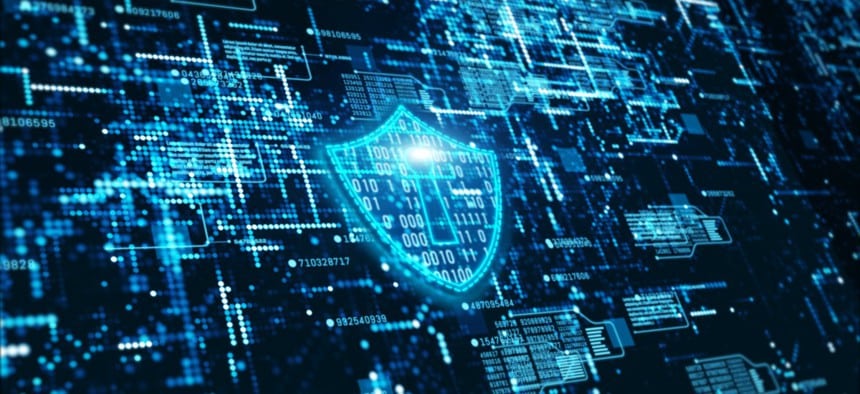President Emmanuel Macron said France’s embassy in Washington had sent the diplomatic service’s first message concealed using encryption designed to resist future quantum computers.
“Tomorrow, a sufficiently powerful quantum computer will be able to break all cryptographic algorithms and decode our messages,” Macron wrote on Twitter.
“To counter this threat, developing post-quantum encryption technologies is a strategic concern. And that’s what we’re doing!”
Quantum computing is a fast-emerging technology that combines advances in scientific understanding of the subatomic world with leaps in information theory to solve impossible mathematical problems for today’s conventional computers.
While traditional computers process information in bits that can be represented by 0 or 1, quantum computers use qubits, which can combine both simultaneously, allowing them to solve more complex problems.
Sent on Wednesday, France’s first “post-quantum” encrypted message was relatively pedestrian, containing a memorandum on cooperation with the United States in the field.
In a statement, the foreign ministry in Paris said the encrypted communication was sent using technology from a startup called CryptoNext.
France has committed 150 million euros ($157 million) to quantum-resistant cryptography, the ministry added, as part of a wider 1.8-billion-euro push to develop all kinds of quantum technologies.
The move “is a precursor to changes in France’s critical digital infrastructure,” the statement said, promising a government “action plan” for “migration to post-quantum cryptography” in the first quarter of 2023.
The White House in May launched its own plan for both intelligence agencies and businesses to upgrade to post-quantum cryptography. (AFP)






